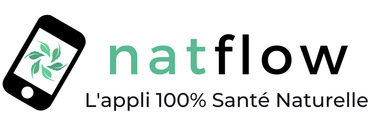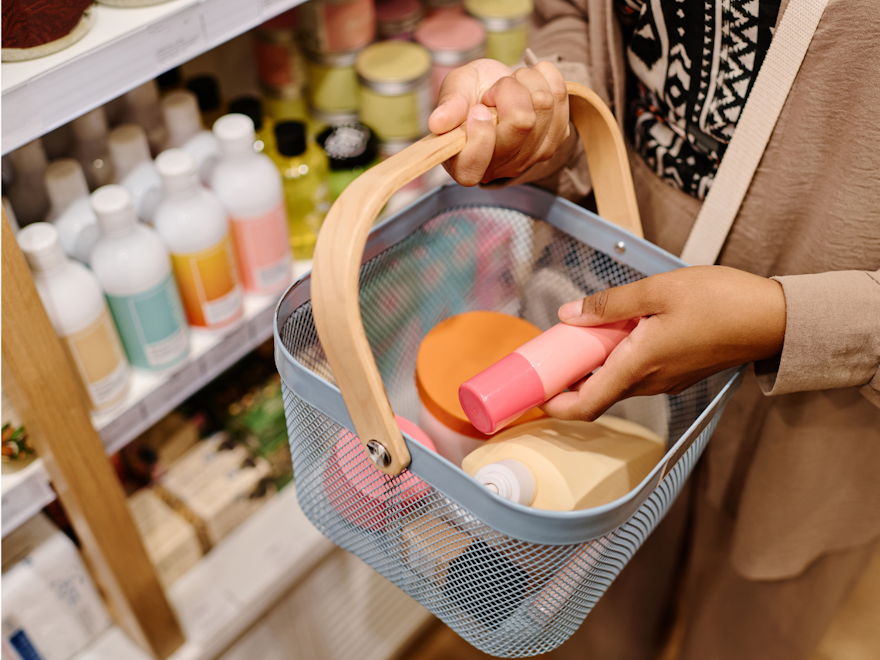Le marché des cosmétiques bio et naturels est en plein essor, et les consommateurs sont de plus en plus attentifs à la composition et à l’impact de leurs produits de beauté. Dans cette jungle de produits, les labels et certifications jouent un rôle crucial pour assurer transparence et qualité. Cependant, avec la multiplicité des labels présents, il est souvent difficile de s’y retrouver. Dans cet article, nous vous proposons de découvrir les principaux labels de cosmétiques bio, leurs critères et ce qu’ils garantissent pour vous permettre de faire des choix plus éclairés et responsables.
Écocert : le pionnier des cosmétiques Bio
Créé en 1991, Écocert est l’un des premiers organismes de certification à s’être intéressé aux cosmétiques bio. C’est une référence incontournable dans le secteur. Ce label garantit qu’au moins 95 % des ingrédients sont d'origine naturelle, avec des exigences spécifiques concernant les ingrédients issus de l’agriculture biologique.
Les principales exigences du label Écocert :
- 95 % d'ingrédients d'origine naturelle minimum.
- 10 % minimum des ingrédients doivent être issus de l'agriculture biologique pour les cosmétiques bio, et 20 % pour les produits rincés.
- Les produits ne doivent pas contenir d’ingrédients issus de la pétrochimie (comme les parabènes, silicones, parfums ou colorants de synthèse).
- Les procédés de transformation doivent être respectueux de l’environnement.
En plus des ingrédients, Écocert veille également à l’impact environnemental global des produits, notamment en ce qui concerne l’emballage et la biodégradabilité.
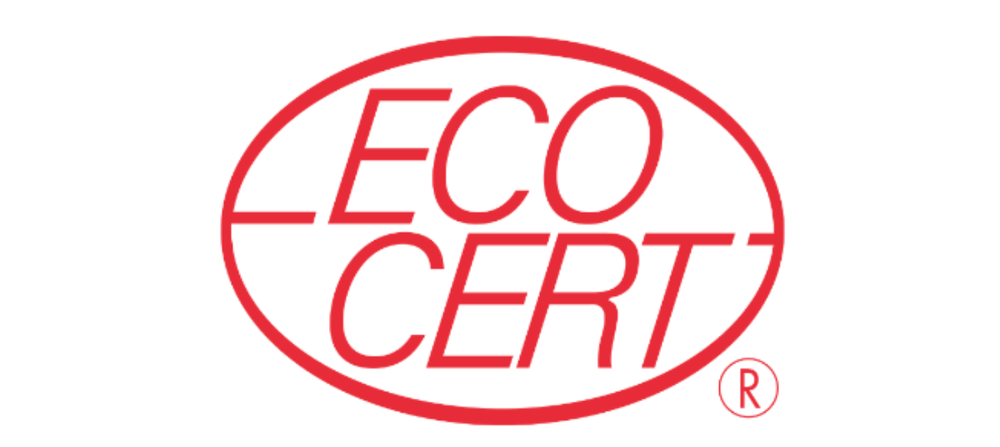
COSMOS : l'harmonisation des standards européens
Le label COSMOS (COSMetic Organic Standard) a été créé pour harmoniser les différentes certifications bio en Europe. COSMOS regroupe plusieurs organismes de certification, dont Écocert et BDIH (Allemagne). Il existe deux versions du label : COSMOS Organic et COSMOS Natural.
Les exigences de COSMOS Organic :
- 95 % minimum d'ingrédients d'origine naturelle.
- 20 % minimum d’ingrédients issus de l’agriculture biologique (10 % pour les produits rincés).
- Interdiction des OGM, des parabènes, des silicones et des ingrédients de synthèse nocifs pour la santé.
- Les emballages doivent être écologiques, recyclables ou biodégradables.
COSMOS Natural :
Cette version garantit une composition majoritairement naturelle mais ne fixe pas de pourcentage minimum pour les ingrédients bio. Elle est idéale pour les produits qui ne peuvent pas facilement contenir une forte proportion d’ingrédients bio, comme certains produits de soins capillaires.
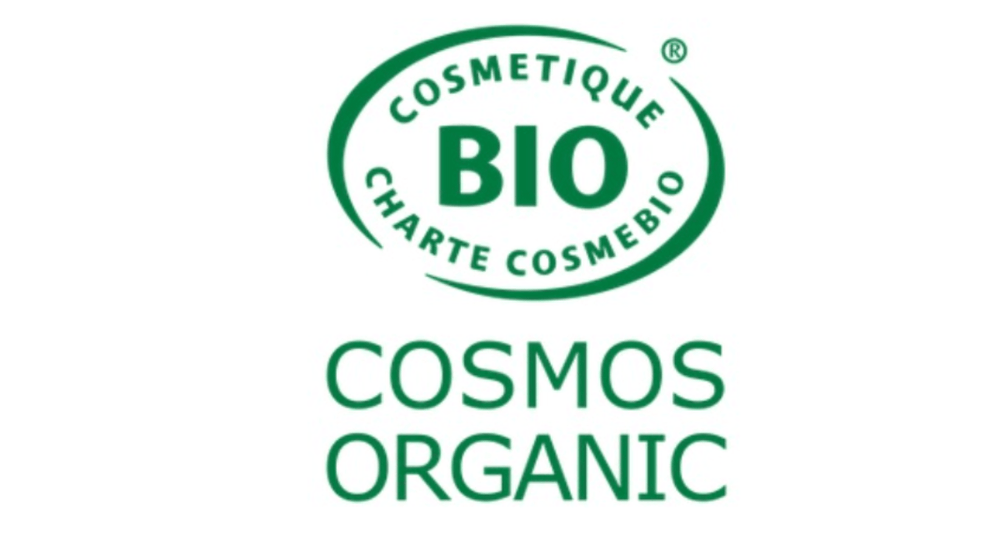
Nature & Progrès : le label bio militant
Nature & Progrès est une association pionnière en matière de bio, bien avant que le terme ne devienne une tendance de consommation. Ce label va au-delà des simples exigences de formulation. Il prône une approche écologique globale et éthique de la cosmétique, allant de la culture des matières premières jusqu’à la fabrication des produits.
Les exigences de Nature & Progrès :
- 100 % des ingrédients doivent être naturels ou issus de l’agriculture biologique.
- Interdiction stricte des OGM, des silicones, des parabènes et de tout ingrédient de synthèse.
- Respect des travailleurs et des petits producteurs, avec un fort engagement en faveur de l'économie locale et artisanale.
- Les procédés de fabrication doivent être écologiques et artisanaux.
Nature & Progrès va plus loin que les autres labels en exigeant également une éthique sociale et environnementale stricte.
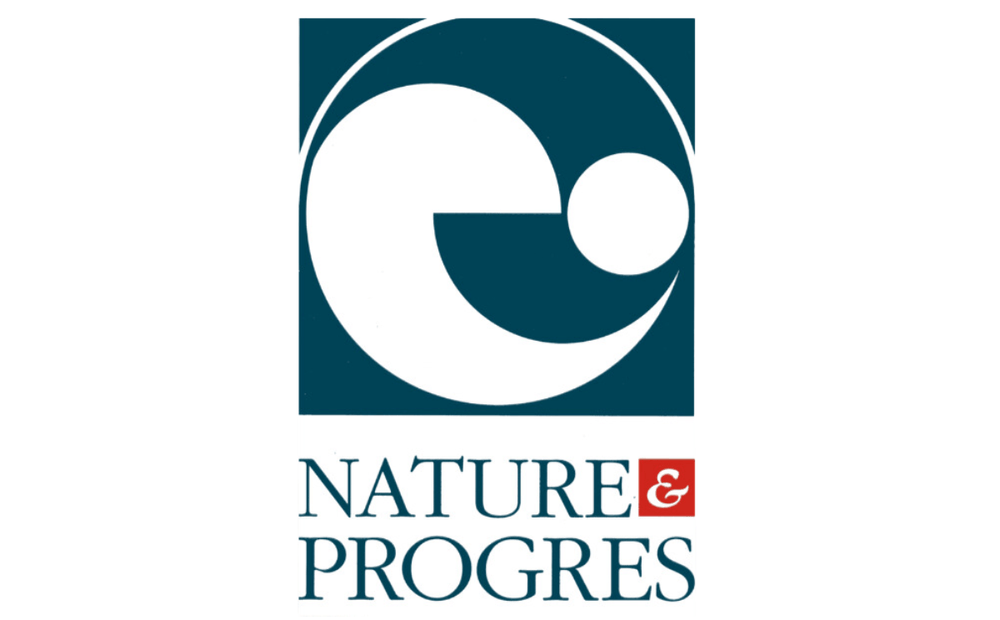
NATRUE : une garantie internationale de naturalité
NATRUE est une certification internationale pour les cosmétiques naturels et bio. Ce label distingue plusieurs niveaux de certification en fonction de la proportion d'ingrédients biologiques contenus dans les produits. NATRUE met un point d’honneur à offrir une transparence totale aux consommateurs.
Les différentes catégories de certification NATRUE :
- Cosmétique Naturel : Les produits doivent contenir une proportion élevée d'ingrédients d'origine naturelle, sans synthétiques indésirables.
- Cosmétique Naturel avec ingrédients bio : Les produits doivent contenir au moins 70 % d’ingrédients biologiques.
- Cosmétique Bio : Les produits doivent contenir au moins 95 % d'ingrédients bio.
NATRUE est particulièrement exigeant sur la provenance des ingrédients et les procédés de fabrication. Il garantit également l’absence de substances issues de la pétrochimie ou d'OGM.
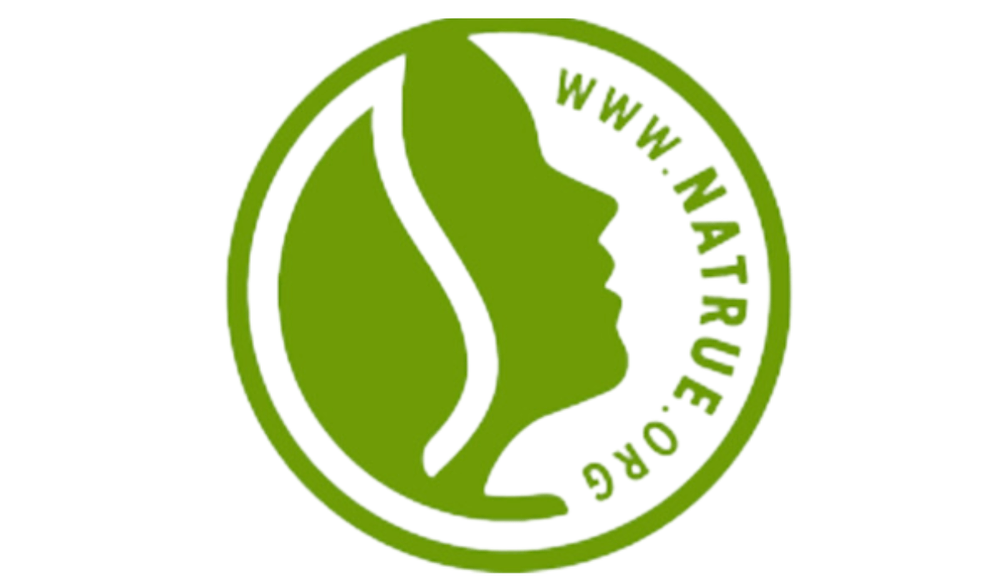
Les Labels Vegan : éthique et respect des animaux
Les labels vegan répondent à la demande croissante des consommateurs soucieux de l’impact éthique de leurs choix cosmétiques. Ils garantissent l’absence de tout ingrédient d’origine animale et s’assurent que les produits ne sont pas testés sur les animaux.
a) Vegan Society
Le label de la Vegan Society garantit que les cosmétiques ne contiennent aucun ingrédient d’origine animale (comme le miel, la cire d'abeille ou le collagène) et qu’aucun test sur les animaux n’a été réalisé lors de la fabrication du produit.
b) PETA Cruelty-Free and Vegan
Le label PETA Cruelty-Free and Vegan certifie à la fois l’absence d’ingrédients d’origine animale et l’interdiction de tout test sur les animaux. C’est une référence largement reconnue dans le monde de la beauté éthique.
c) Leaping Bunny
Le Leaping Bunny est un label reconnu à l’international qui certifie l’absence totale de tests sur les animaux, à tous les stades de fabrication des produits. C’est une garantie forte pour les consommateurs souhaitant des cosmétiques cruelty-free, qu’ils soient vegans ou non.
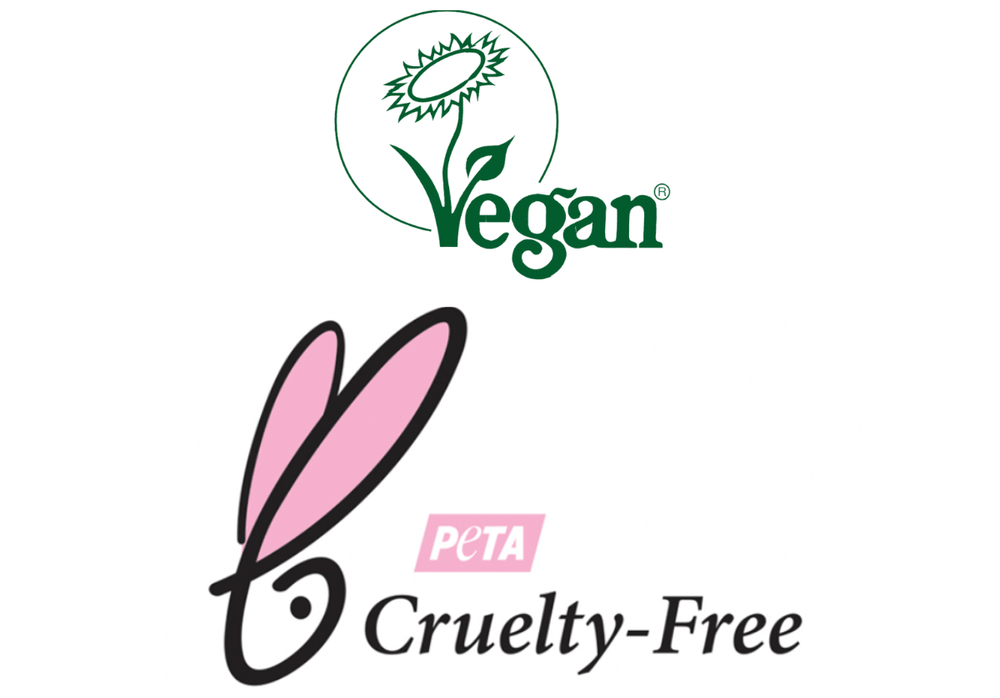
Slow Cosmétique : pour une consommation responsable
Le label Slow Cosmétique est né d'un mouvement militant pour une cosmétique plus saine, respectueuse de l’environnement et éthique. Il repose sur une charte stricte qui exclut les ingrédients controversés et valorise les marques prônant une démarche transparente.
Les engagements du label Slow Cosmétique :
- Les produits doivent être formulés sans ingrédients agressifs ou polluants (parabènes, silicones, etc.).
- Les emballages doivent être réduits au strict minimum, recyclables et écoresponsables.
- Une éthique sociale et écologique doit être au cœur des marques labellisées.
Le label Slow Cosmétique prône également une consommation plus modérée et raisonnée, en opposition à l’industrie cosmétique classique souvent axée sur la surconsommation.
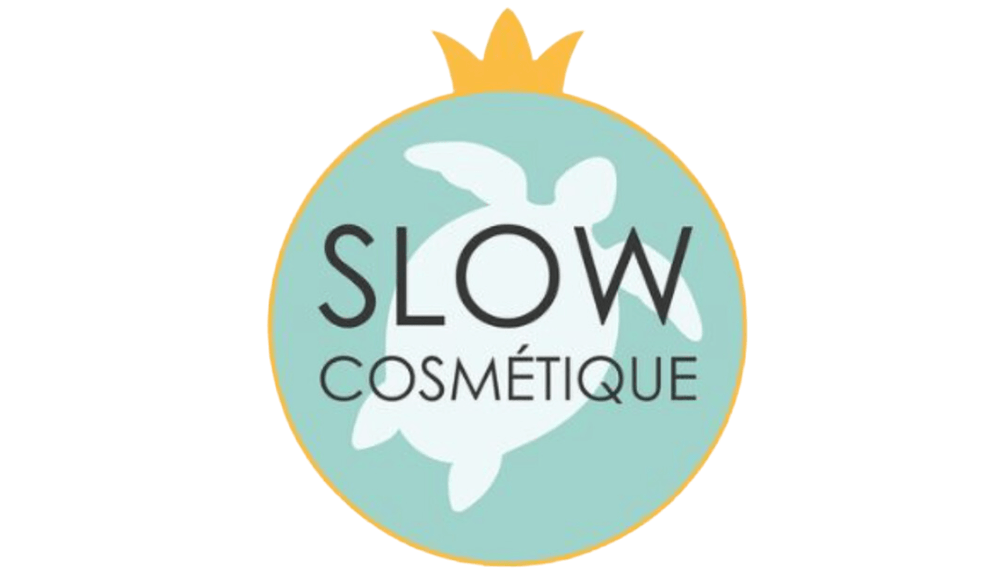
BDIH : le label allemand pour des cosmétiques naturels
Le BDIH est un label allemand, bien établi dans le domaine des cosmétiques naturels et biologiques. Il impose des critères stricts en matière de formulation, privilégiant les ingrédients végétaux issus de l'agriculture biologique.
Les exigences du BDIH :
- Interdiction des colorants et parfums synthétiques, des silicones, des parabènes et des dérivés de la pétrochimie.
- L'utilisation de matières premières naturelles issues de cultures biologiques est privilégiée.
- Aucune matière première d'origine animale (à l'exception des produits dérivés comme la cire d'abeille).
BDIH accorde également une grande importance à la protection de l’environnement et des ressources naturelles.
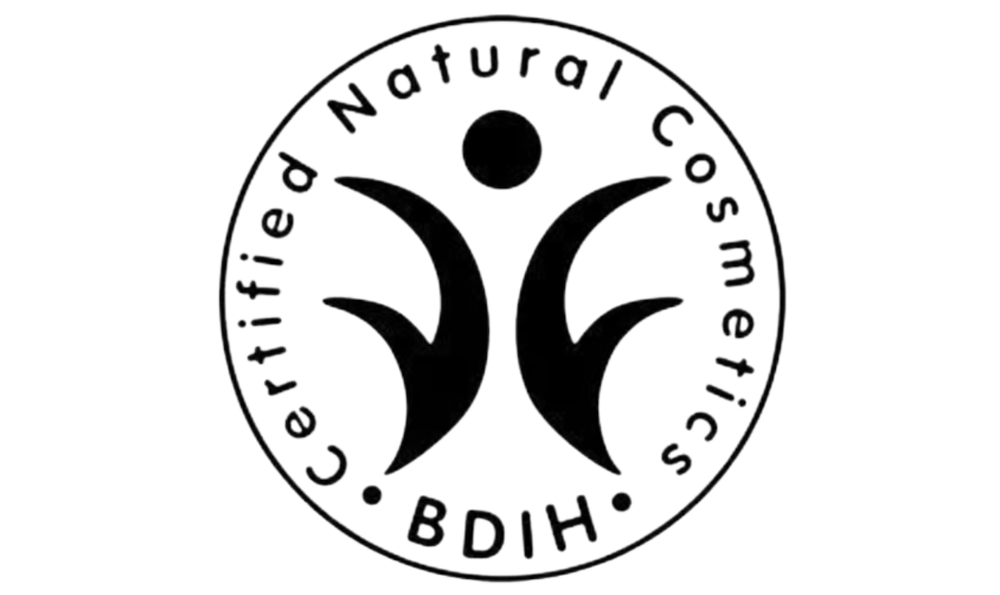
Les labels et certifications dans l’univers des cosmétiques bio permettent aux consommateurs de s’assurer que les produits qu’ils utilisent respectent des critères stricts, qu’il s’agisse de la qualité des ingrédients, du respect de l’environnement ou de l’éthique sociale. Selon vos priorités (protection des animaux, formulation naturelle ou biologique, réduction de l’impact environnemental), vous pouvez bien choisir les labels qui répondent à vos valeurs. Grâce à ces certifications, il devient plus facile de consommer de manière responsable tout en prenant soin de soi.
